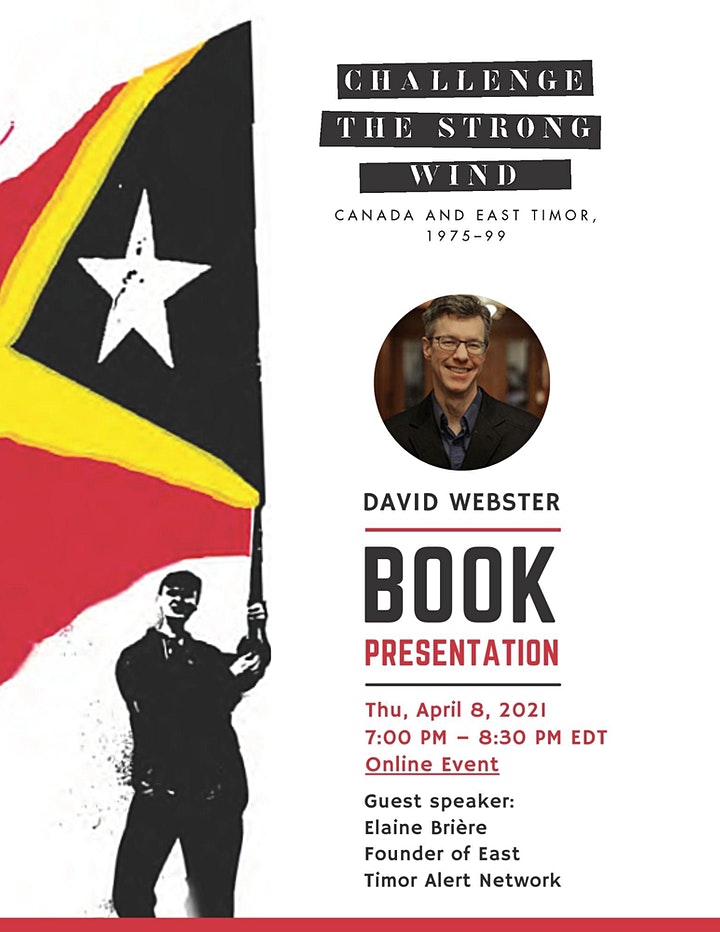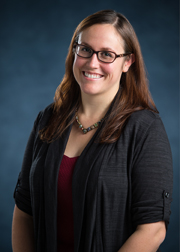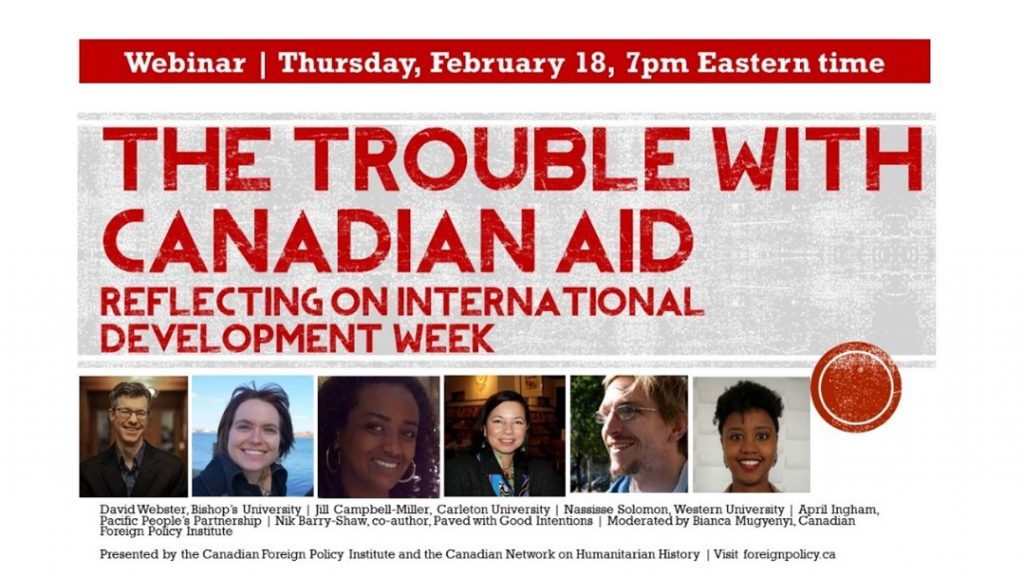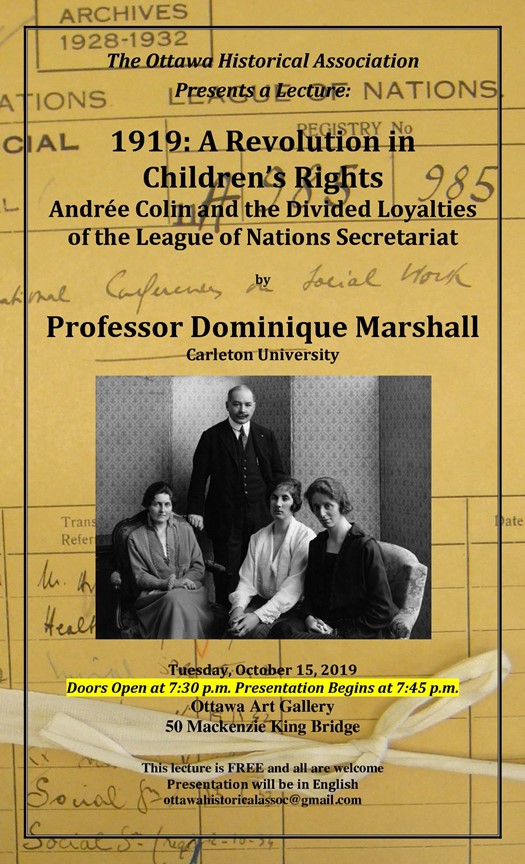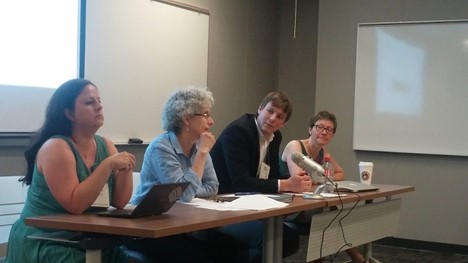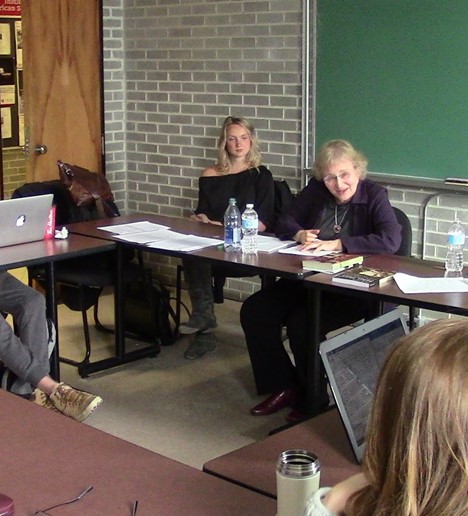Top 5 Reads on the History of Development
~ as recommended by Jill Campbell-Miller, October 2023 ~
When I started looking into the history of Canadian foreign aid some fifteen years ago or so, not much scholarship existed about the history of development and foreign aid. As a student of Canadian foreign assistance, I was fortunate to have David Morrison’s Aid and Ebb Tide: A History of CIDA and Canadian Development Assistance. From a global perspective, the book most often referenced at the time was the late Gilbert Rist’s History of Development: From Western Origins to Global Faith. Though the book is undoubtedly a valuable piece of scholarship, the late Dr. Rist was not a historian, and the book was too broad and too thinly sourced to be comparable to the type of historical scholarship I sought.
Since that time, the landscape has changed dramatically. While I struggled to put together five works of professional history on this subject in the late oughts, today, I struggle to narrow down the choices to just five. I might have felt alone starting my PhD, but little did I know there were many scholars with similar interests working on major projects. While it came late for my historiography chapter, maybe it is not too late for someone else’s PhD dissertation. Here are five to get you started:
- Stephen J. Macekura and Erez Manela. The Development Century: A Global History. Cambridge University Press, 2018.
Fifteen years ago, I would have been amazed and delighted to find an edited collection of historical essays all covering histories of development. This collection is divided into four thematic groups that examine the origins of development, development in a decolonizing world, Cold War politics, and development and international society. It has a nice balance of geographies, topics, and temporal scopes, and is a good introduction to many of the key areas of study for historians of development. I have a particular soft spot for histories of development that locate the very early origins of the development project, and co-editor Manela’s chapter on “Smallpox and the Globalization of Development” is a great example of this.
- Matthew Connelly. Fatal Misconception: The Struggle to Control World Population. Harvard University Press, 2010.
While perhaps not a “history of development” proper, this book is an absolute must for understanding the development movement of the twentieth century. So many of the aid programs that developed in the 1950s and 1960s were based around the idea of controlling the world’s population, and so many of the prominent figures within important global institutions believed in a gospel of population control. Understanding this history is a crucial part of understanding the whole landscape of development in the mid-to-late twentieth century, and Connelly is not only a good historian, he is also an excellent story-teller.
- Sarah Lorenzini. Global Development: A Cold War History. Princeton University Press, 2019.
Odd Arne Westad refreshed the field of Cold War history by forcing his readers to see the rest of the world within a history that had been so often framed by American-Soviet politics in The Global Cold War (2005). Helpful as it was, as a reader in the 2000s, I also hoped for a book that would flesh out the way that development programming played into Cold War politics. Lorenzini’s book has finally brought these two fields together into one comprehensive volume. Arguing that development was “molded by the Cold War and, in turn, actively designed some of its structures” (4), Lorenzini’s book covers a huge terrain – from the colonial precedents of the interwar years to the major projects of American and Soviet aid, to those trying to challenge the bipolar constraints of the Cold War through development.
- Corinna R. Unger. International Development: A Postwar History. Bloomsbury Academic, 2018.
Unger’s book is the type of textbook I craved as a student. It covers the vocabulary and terminology central to development history, the important philosophical and colonial precedents to the post-war development movement, the major programs of the twentieth century, and the critiques and challenges the development movement faced in the late twentieth century and beyond. Unger’s book is a solid first place to start for anyone interested in this field, and despite the breadth of its subject matter, it is quite concise.
- Kevin O’Sullivan. The NGO Moment: The Globalisation of Compassion from Biafra to Live Aid. Cambridge University Press, 2021.
I will finish with a book from one of the CNHH’s very own, Kevin O’Sullivan. O’Sullivan’s book is a much-needed bird’s-eye view on one of the most important driving forces of development in the latter years of the twentieth century – development and humanitarian non-governmental organizations. Past books on developmental NGOs have typically had an agenda – either as hagiographies or as take-downs – but O’Sullivan’s book is a critical yet nuanced look at the history of these important organizations within the geopolitical context of the larger development movement. Focusing on three states, Britain, Canada, and Ireland, O’Sullivan examines the “‘progressive, interventionist model of compassion that privileged aid over political solidarity with the Third World.” By taking a transnational perspective, O’Sullivan is able to emphasize the global linkages between many different NGOs, and the ideologies that linked them together. Also, there are just a lot of fascinating stories in this book.
Dr. Jill Campbell-Miller is a historian who specializes in twentieth-century Canadian political and social history. Her interests particularly focus on Canadian foreign assistance and humanitarianism in South Asia during the mid-twentieth century. Her dissertation, which she is currently revising to become a manuscript, examines the history of Canadian foreign aid in India during the 1950s. She completed postdoctoral fellowships at the Gorsebrook Research Institute at Saint Mary’s University, and in the Department of History at Carleton University, and presently works as a civil servant with Fisheries and Oceans Canada. She is co-editor, with Greg Donaghy and Stacey Barker, of Breaking Barriers, Shaping Worlds: Canadian Women and the Search for Global Order (UBC Press, 2021).



